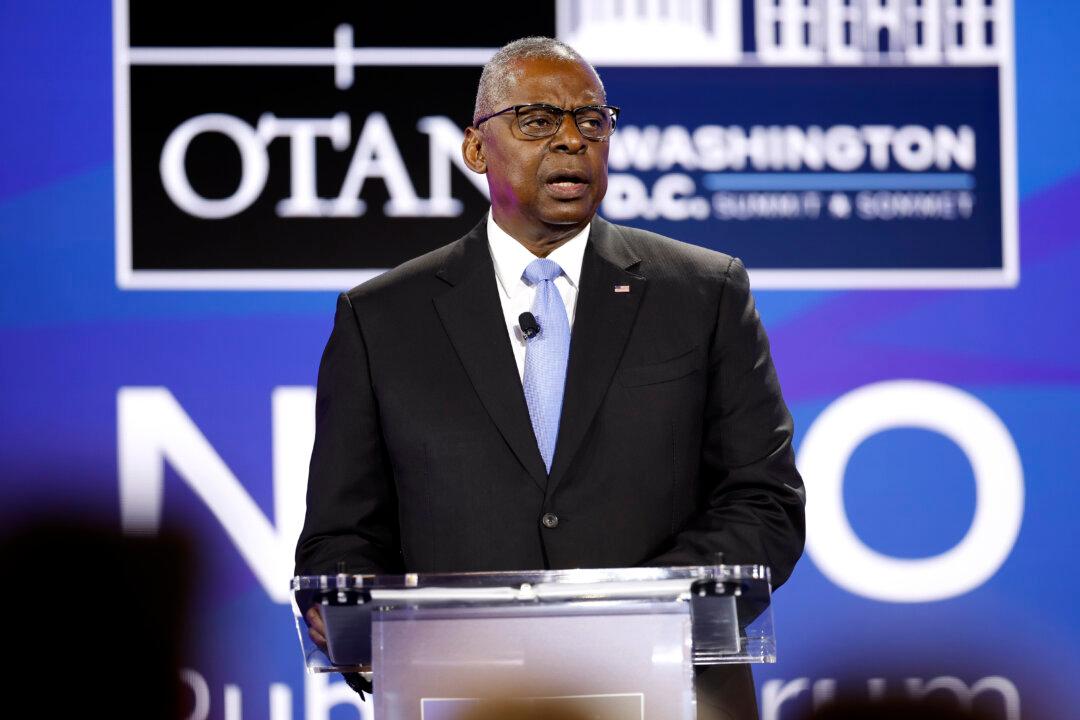Russia’s top military brass reached out for a phone call with Secretary of Defense Lloyd Austin one day after the conclusion of the NATO summit in Washington.
A Pentagon spokesperson highlighted the importance of keeping open lines of communication, while the Russian Defense Ministry stated that the discussions focused on reducing the risk of “possible escalation.”





